Ripple vs. SWIFT: The Battle for Global Payments’ Future
Note: This post may contain affiliate links, and we may earn a commission (with No additional cost for you) if you make a purchase via our link. See our disclosure for more info. The crypto world is constantly changing. This content is for informational purposes only and not financial, legal, or professional advice So, please verify the info on the cryptocurrency provider’s websites.
Crypto analyst Austin Hilton warns of an ongoing “war” in global payments between Ripple, the company behind the XRP token, and the traditional SWIFT network. This battle centers on the technological superiority of Ripple's blockchain-based network against SWIFT's decades-old infrastructure. Ripple's product, powered by XRP, is highlighted for its key features: offering a faster, cheaper, and frictionless experience for international money transfers. Transactions that traditionally take days via SWIFT can settle in seconds on Ripple's network, significantly cutting out intermediaries and associated costs.
The benefits of Ripple's technology include reducing the inherent friction in SWIFT's processes, making it a compelling alternative to the slow, expensive, and outdated traditional system. While the article doesn't detail specific technical specifications beyond being blockchain-based and utilizing XRP Ledger, it emphasizes its efficiency. The target audience for Ripple's innovation is global financial institutions and banks seeking modern, efficient payment solutions. Ripple CEO Brad Garlinghouse projects the company could capture 14-15% of SWIFT’s market share.
SWIFT's recent move to adopt blockchain, testing Linea built on Ethereum for smart contracts and stablecoins, is seen by Hilton as a reactive measure rather than a proactive leap. He suggests SWIFT is scrambling to catch up to Ripple’s decade-long head start in real blockchain development. Ripple's consistent innovation gives it a significant edge, and the expansion of its network directly correlates with demand for XRP, which is vital for system transactions. This rivalry is shaping the future of international payments, positioning XRP holders at the center of this transformative shift.

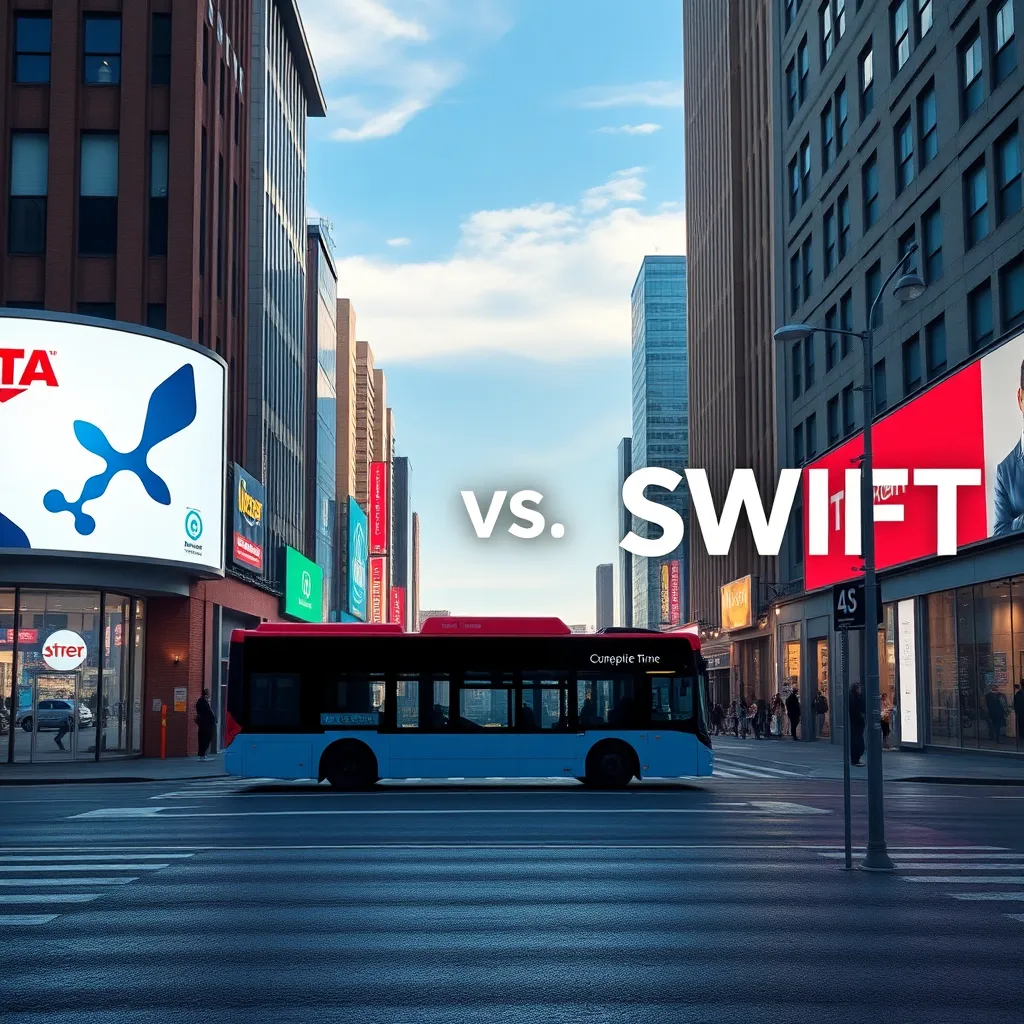




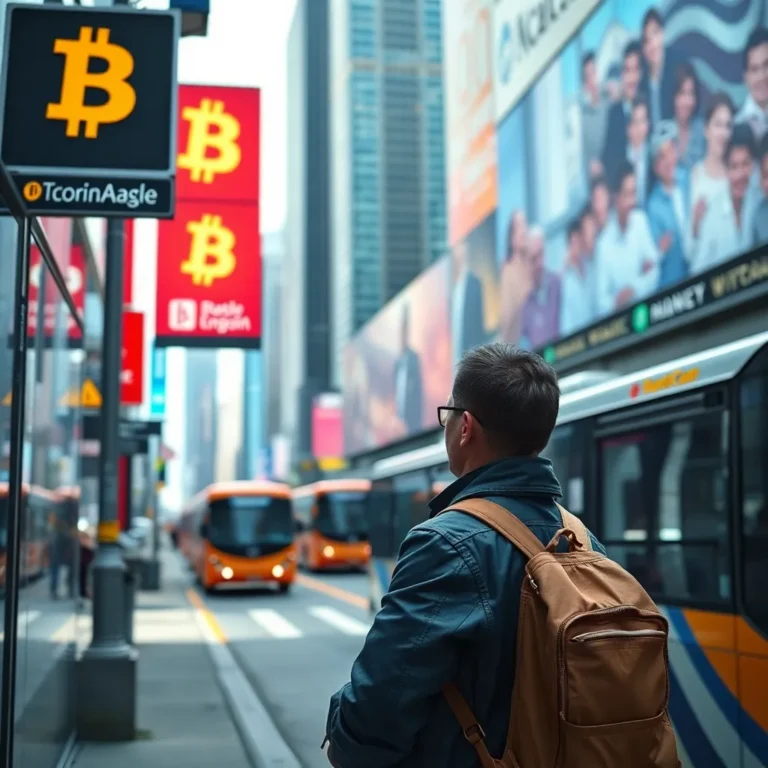
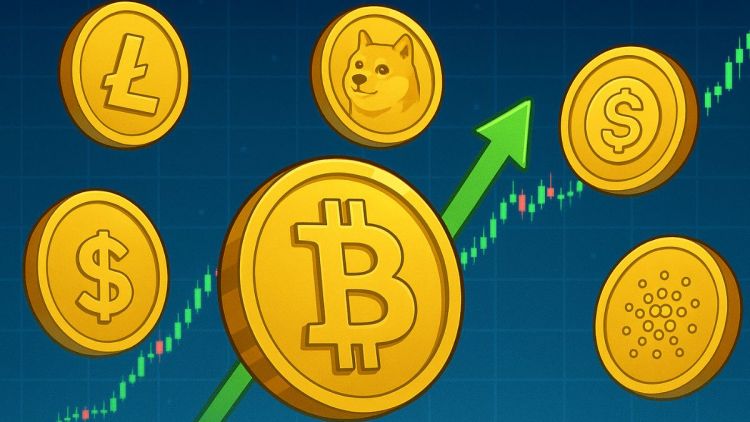
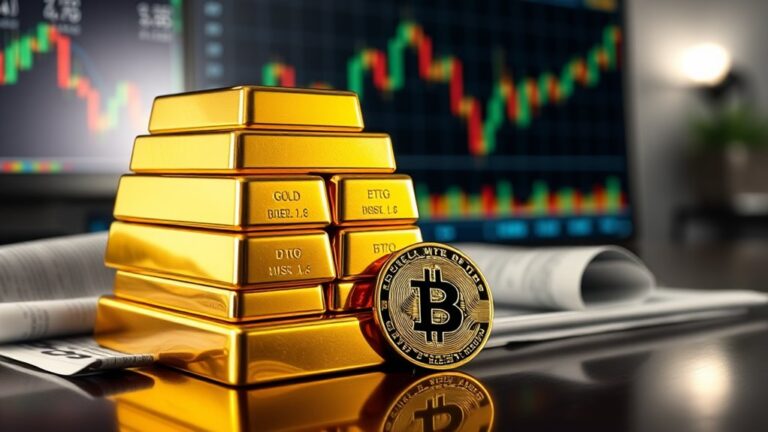

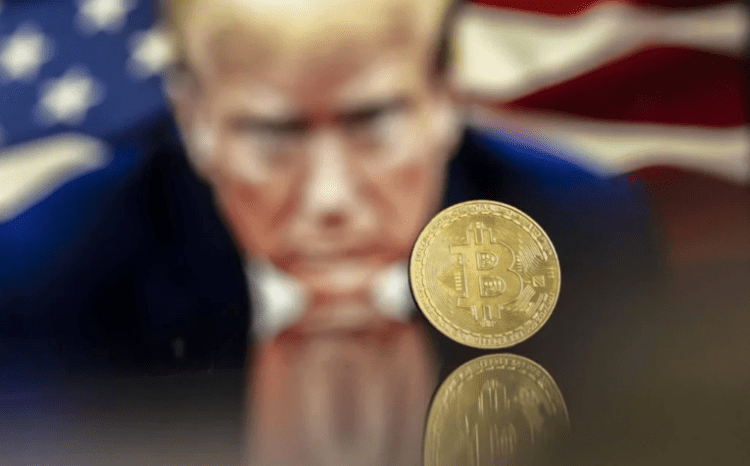
One Comment